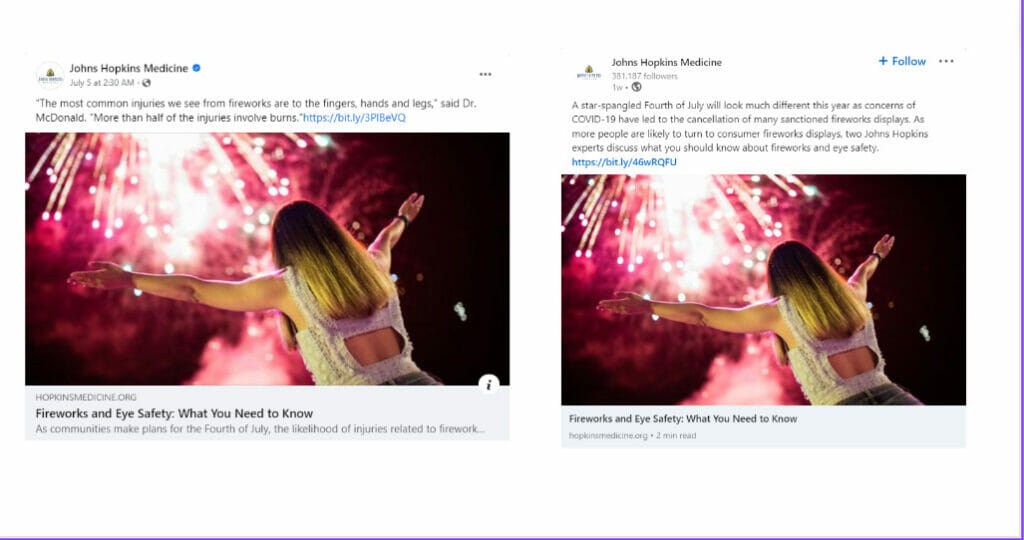Social media has become an indispensable tool for hospitals to connect with patients, raise awareness of healthcare issues, and build their brand reputation. This article explores the benefits of social media marketing for hospitals and provides actionable strategies with real-world examples.


Why Hospitals Need Social Media
Social media offers a unique opportunity for hospitals to:
- Connect with Patients: Build meaningful connections with current and potential patients, fostering trust and a sense of community.
- Targeted Audience Engagement: Engage with specific demographics and patient groups for focused outreach.
- Brand Promotion and Reputation Management: Showcase expertise, achievements, and thought leadership to build a strong brand reputation.
- Enhanced Customer Service: Respond to inquiries and address patient concerns promptly, leading to increased satisfaction.
- Thought Leadership and Advocacy: Demonstrate expertise and support for healthcare causes, establishing yourself as a trusted authority.
- Educational Outreach: Educate the public about health topics and raise awareness of specific medical conditions.
- Recruitment and Retention: Attract talented healthcare professionals by showcasing your facilities, culture, and commitment to patient care.
- Crisis Communication: Communicate effectively during emergencies or disasters to keep the community informed and calm anxieties.
- Fundraising and Community Engagement: Spread awareness about fundraising initiatives and encourage community participation.
- Humanize Your Staff: Highlight the human side of your healthcare providers, making your hospital more relatable and approachable.
5 Winning Social Media Marketing Strategies for Hospitals
- A/B Test Your Content: Experiment with different headlines, hashtags, image/video formats, and CTAs to optimize content for audience engagement. Learn from John Hopkins Medicine’s example of A/B testing the same content with different captions on Facebook and LinkedIn.

- Provide Trustworthy Content: Establish your hospital as a credible source of healthcare information by sharing medically accurate content that combats misinformation. Emulate Mayo Clinic’s strategy of using short, informative videos like “Mayo Clinic Minute” to educate viewers on various health topics.
- Stay Compliant: Ensure all social media content adheres to regulations like HIPAA and FDA to avoid misleading or inappropriate information. The Eli Lily case highlights the importance of legal and compliance reviews to maintain a trustworthy online presence.
- Optimize for SEO: Improve online visibility by optimizing your social media profiles and content. Maintain consistent and accurate business information across all platforms. Take inspiration from Women’s Health and Wellness’ local SEO practices of regular posting and accurate profile information.

- Focus on the Patient Experience: Build trust and credibility by showcasing patient stories, testimonials, and staff achievements. Follow Johns Hopkins Hospital’s lead in using emotional storytelling to connect with audiences. Highlight success stories and medical breakthroughs while adhering to HIPAA regulations and obtaining patient consent for content sharing.
Embrace Social Media, Strengthen Your Community
The healthcare industry thrives on strong community connections. By implementing these social media marketing strategies, hospitals can effectively connect with patients, build brand awareness, and achieve their marketing goals. Revamp your social media approach today!

